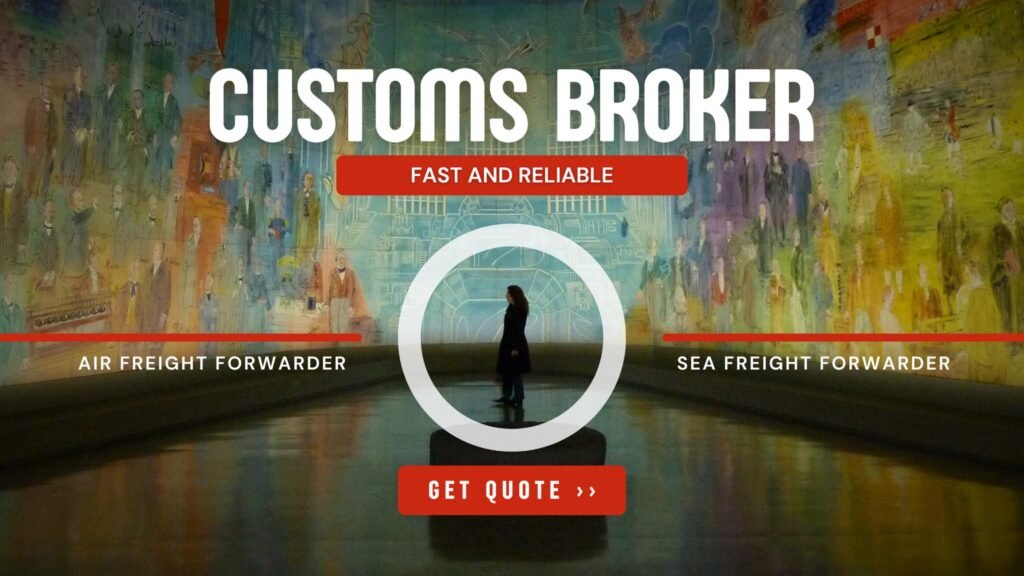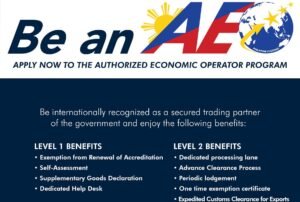Efficient customs brokerage is essential for optimizing supply chain operations in today’s global marketplace. By streamlining customs clearance processes and ensuring compliance with regulations, customs brokers play a crucial role in minimizing delays, reducing costs, and enhancing overall supply chain efficiency. In this blog post, we will explore how effective customs brokerage strategies can contribute to optimizing supply chain efficiency.
1. Pre-Classification and Pre-Clearance:
Pre-classification of goods and pre-clearance procedures allow customs brokers to prepare documentation and submit customs declarations in advance of the arrival of goods. This proactive approach minimizes delays at the border and accelerates the customs clearance process, leading to faster turnaround times and improved supply chain efficiency.
2. Strategic Tariff Classification:
Accurate tariff classification is essential for determining applicable duty rates and ensuring compliance with customs regulations. By strategically classifying goods under the Harmonized System (HS) Code, customs brokers can identify opportunities for duty optimization, such as leveraging preferential tariff rates under trade agreements or duty relief programs. This strategic approach helps minimize costs and maximize competitiveness in the global market.
Subscribe to the MyCCBI365 newsletter
3. Leveraging Technology and Automation:
Technology plays a pivotal role in modernizing customs brokerage operations and enhancing efficiency. Customs brokers can leverage automation tools, electronic customs clearance systems, and data analytics platforms to streamline processes, reduce paperwork, and expedite customs clearance. By embracing technology, customs brokers can minimize manual errors, improve data accuracy, and provide real-time visibility into shipment statuses, thereby optimizing supply chain efficiency.
4. Collaboration and Communication:
Effective communication and collaboration between customs brokers, importers, exporters, and other stakeholders are essential for smooth supply chain operations. Customs brokers should maintain open lines of communication with clients, providing timely updates on regulatory changes, shipment statuses, and customs clearance progress. By fostering strong relationships and collaboration with stakeholders, customs brokers can address challenges proactively and ensure seamless coordination throughout the supply chain.
5. Continuous Education and Compliance:
The customs landscape is constantly evolving, with changes in regulations, trade agreements, and compliance requirements. Customs brokers must stay informed about regulatory updates and invest in continuous education and training to maintain expertise in customs compliance. By staying abreast of changes and proactively adapting to new requirements, customs brokers can mitigate risks, avoid penalties, and ensure smooth customs clearance, thereby optimizing supply chain efficiency.
Conclusion:
Effective customs brokerage strategies are instrumental in optimizing supply chain efficiency and driving success in international trade. By embracing proactive approaches such as pre-classification, strategic tariff classification, leveraging technology, fostering collaboration, and maintaining compliance, customs brokers can streamline customs clearance processes, reduce costs, and enhance overall supply chain efficiency. In the competitive landscape of global trade, optimizing supply chain efficiency through effective customs brokerage strategies is essential for staying ahead and delivering value to clients.
Prof. Rod Villanueva, eMba, Lcb
Entrepreneur








